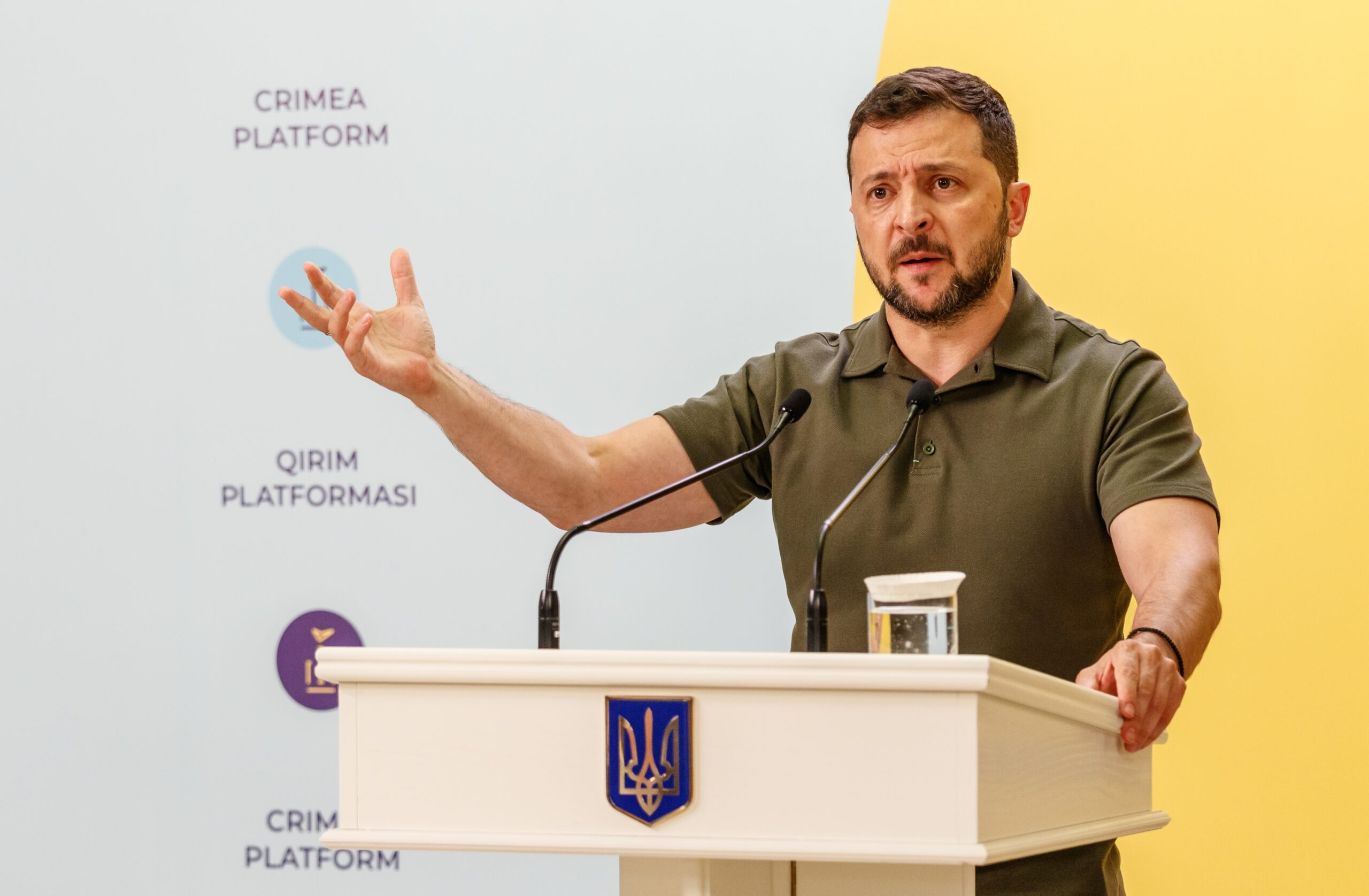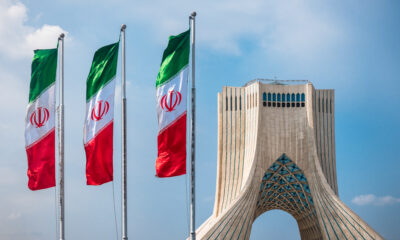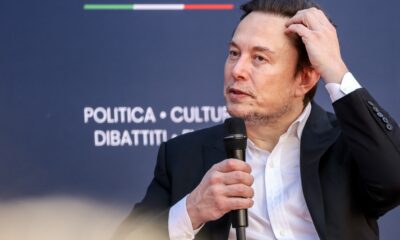Ukraine, Russia SWAP 205 – 1,000 Next?

Ukraine and Russia have exchanged 205 prisoners on each side in one of the largest swaps since the war began, while a potential exchange of 1,000 POWs each could soon follow.
At a Glance
- Ukraine and Russia conducted a major prisoner exchange with 205 captives freed on each side
- The United Arab Emirates facilitated the exchange, which took place at the Belarus-Ukraine border
- This marks the 64th prisoner swap since the war began, with over 4,700 Ukrainians freed so far
- A larger exchange of 1,000 POWs each is being planned following recent peace talks in Istanbul
- Fighting continues in multiple regions despite diplomatic efforts, with the Donetsk region seeing the heaviest combat
Major Prisoner Exchange Completed
Ukraine and Russia have completed one of the largest prisoner exchanges since the beginning of the conflict, with 205 prisoners returned to each country. The swap took place at the Belarusian-Ukrainian border with facilitation from the United Arab Emirates. Ukrainian President Volodymyr Zelenskyy announced the development via Telegram, highlighting the significance of bringing home defenders from various military units. Among the freed Ukrainians were three officers and 202 soldiers and sergeants, many of whom had defended strategic locations like Mariupol.
This exchange represents the 64th prisoner swap conducted since the war began, with Ukrainian officials reporting that more than 4,700 Ukrainians have now been freed from Russian captivity through such arrangements. The development comes as a rare positive note amid ongoing hostilities across multiple fronts, demonstrating that diplomatic channels remain functional despite the intensity of the conflict.
Larger Exchange on the Horizon
A potentially larger prisoner exchange is in the works following recent peace talks in Istanbul. According to reports, Russia and Ukraine have exchanged lists for a planned swap of 1,000 prisoners of war each, which would represent the largest such exchange since the conflict began in 2022. The Kremlin has confirmed receiving Ukraine’s list of names for the proposed exchange, with spokesperson Dmitry Peskov describing the process as “laborious” but progressing at a “quick pace.”
“The major prisoner swap is a ‘quite laborious process’ that ‘requires some time,’ said Peskov, adding that ‘the work is continuing at a quick pace.’”
The prisoner exchange agreement came during peace talks in Istanbul, marking the first direct negotiations between the warring nations since 2022. Ukrainian Defense Minister Rustem Umerov is reportedly overseeing the exchange process, with President Zelenskyy emphasizing that returning all Ukrainian captives remains a key priority for his administration. Despite this development, broader peace negotiations remain stalled, with each side accusing the other of obstructing progress.
Continuing Hostilities
Even as prisoner exchanges move forward, fighting continues across multiple regions. Heavy combat persists in the Donetsk region, particularly around the city of Pokrovsk, where Ukrainian forces reportedly repelled 78 Russian attacks. Meanwhile, a Russian airstrike in Odessa killed one person and injured another, while a drone attack in Kharkiv wounded two people. The Russian Ministry of Defense claims to have shot down 105 Ukrainian drones over 11 regions, including 19 over Moscow, leading to temporary suspensions of air traffic at several Russian airports.
Ceasefire discussions have yielded limited results. President Putin declared a unilateral ceasefire to coincide with Russia’s May 9 commemorations, but Kyiv rejected this limited pause, instead demanding a 30-day ceasefire. During the Istanbul talks, Ukraine formally proposed this extended ceasefire, which Russia rejected while still agreeing to proceed with the prisoner exchange. Ukrainian officials have accused Russia of using delay tactics in peace negotiations to consolidate territorial gains on the battlefield.
International Involvement
The role of international actors continues to shape the conflict’s trajectory. The United Arab Emirates has emerged as a significant mediator, having facilitated the recent exchange of 205 prisoners. U.S. President Donald Trump has reportedly urged Russian President Vladimir Putin to end the conflict, with Putin expressing readiness to work toward a peace agreement. However, the Kremlin has dismissed reports of potential future peace talks at the Vatican, stating that no concrete agreements exist for additional meetings.
As diplomatic efforts continue alongside military operations, the exchange of prisoners represents one of the few areas where tangible progress has been made. For families of those in captivity, these swaps offer hope amid a conflict that shows few signs of resolution in the immediate future. The success of the proposed 1,000-prisoner exchange could potentially create momentum for broader negotiations, though significant obstacles to a comprehensive peace agreement remain.
























